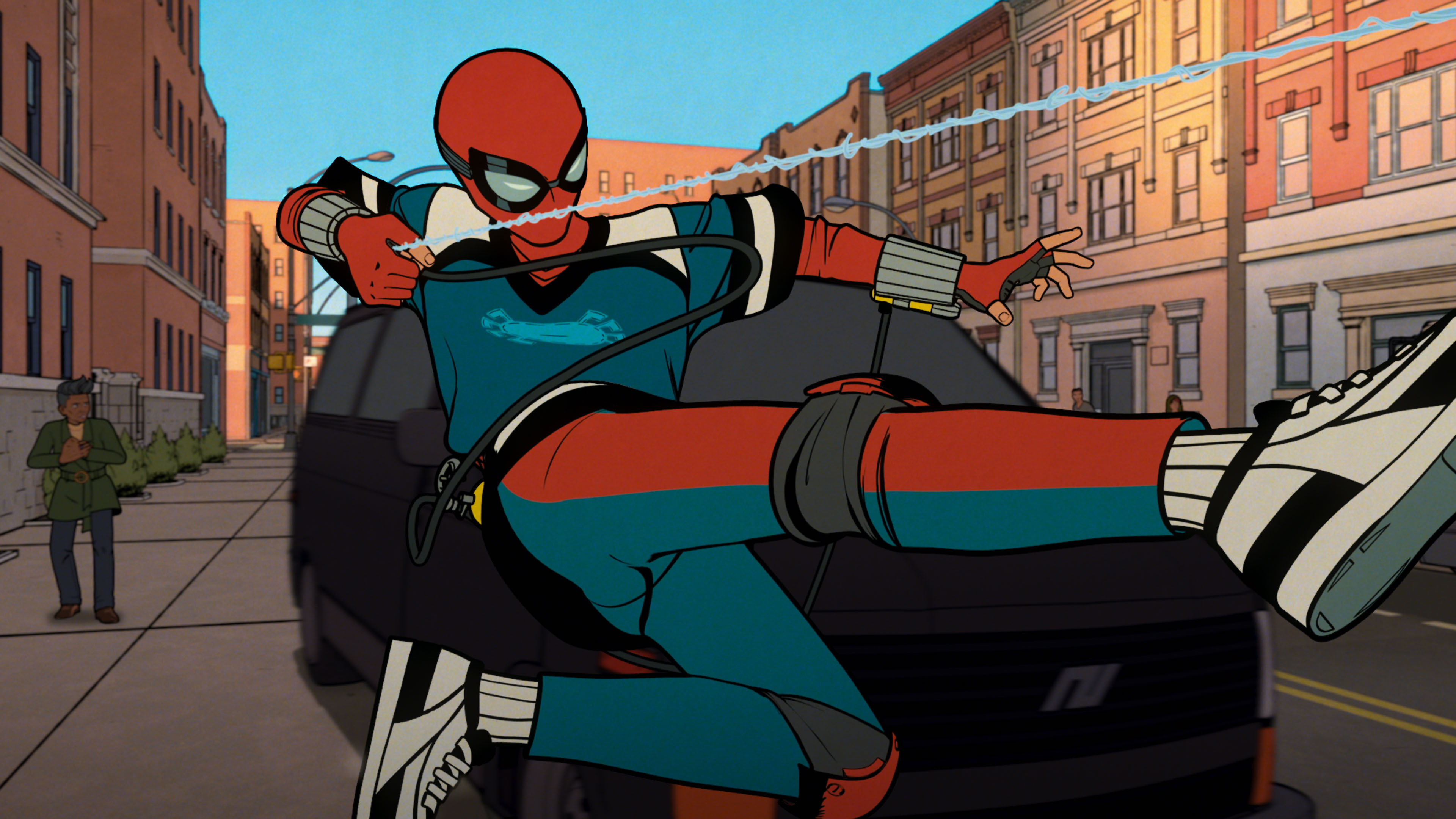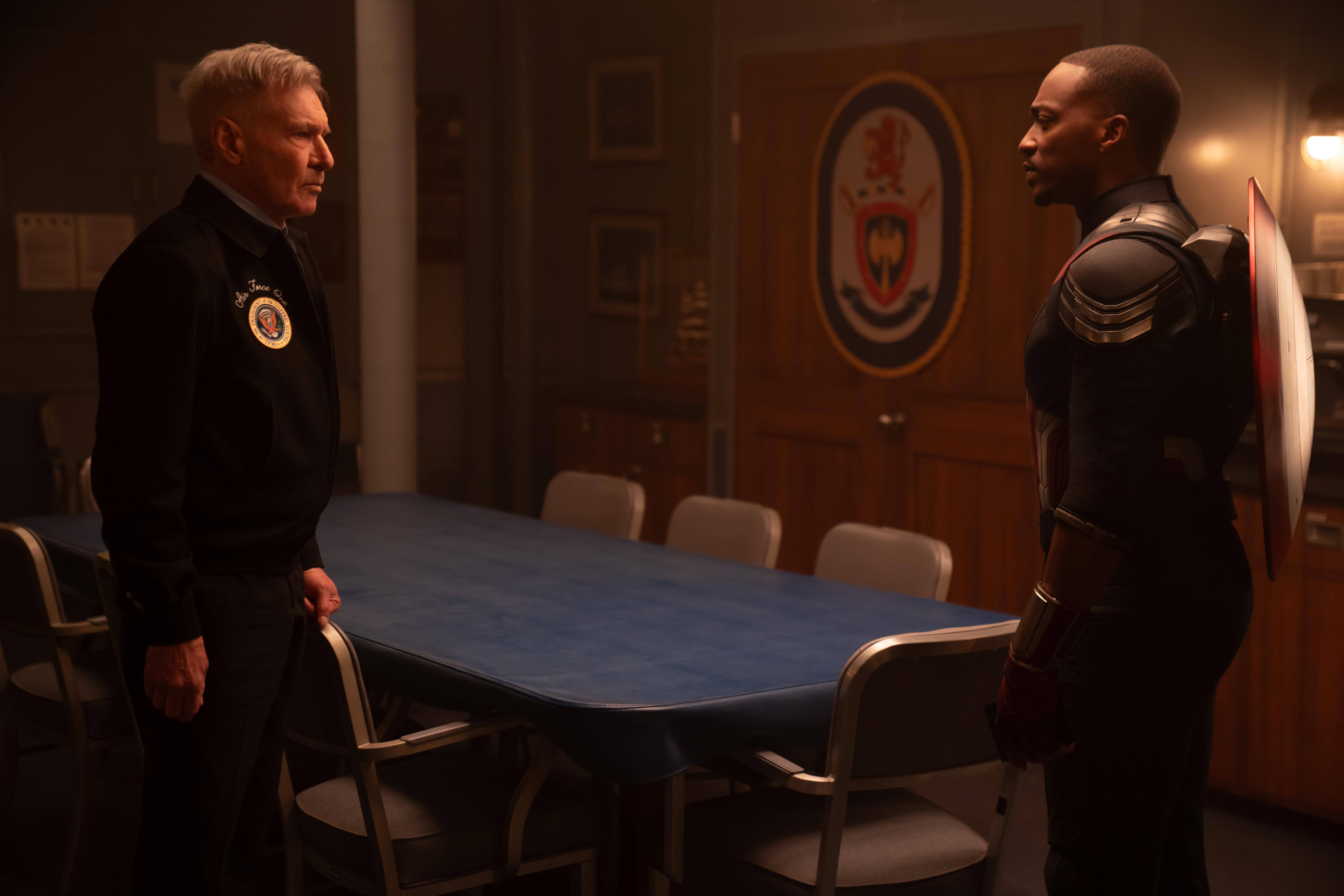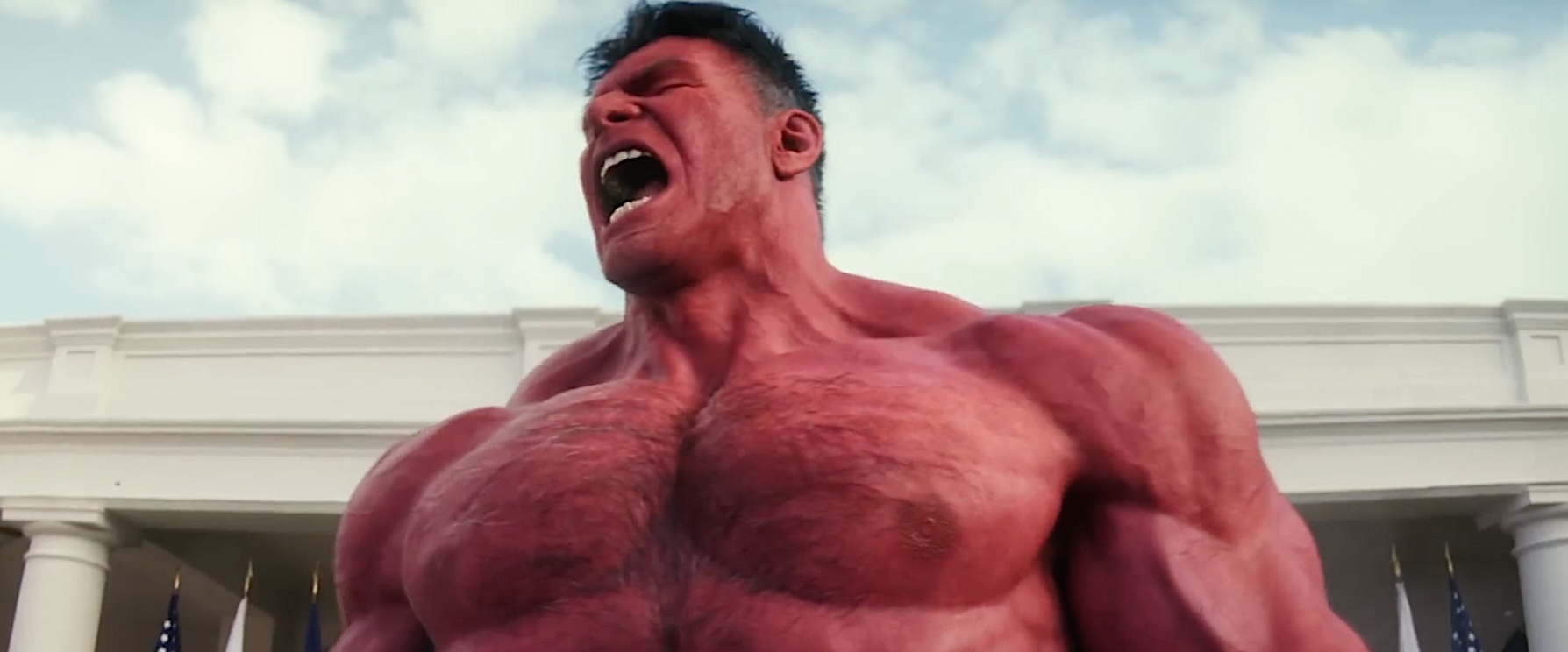The science fiction and fantasy literature community is in uproar this week after the release of the voting statistics behind the 2023 Hugo Awards, which have raised accusations that the organizing committee censored the nominees in several categories.
The Hugo Awards are the annual awards program of the World Science Fiction Society (WSFS), which has been celebrating works of sci-fi and fantasy since the 1950s. The 2023 awards were announced at the WSFS’ 81st annual Worldcon event in October, held for that year in Chengdu, China. When the Chengdu Worldcon subcommittee released obligatory voting statistics on Jan. 20, the SFF literary community was quick to point out and discuss a number of newly revealed oddities.
The statistics showed that several works seemingly eligible for the 2023 awards were disqualified without explanation. Most notably, these works include R.F. Kuang’s Babel: Or the Necessity of Violence, which was widely favored for the Hugo Awards’ own Best Picture equivalent, Best Novel, after winning the 2023 Nebula and Locus awards for the same.
The lack of answers around the reason for Babel’s ineligibility, along with other unexplained details in the voting data, have left the book community angry, suspicious, and confused.
Why was Babel ineligible for the Hugo Awards?
The Hugo Award winners were announced in October 2023, but the Chengdu Worldcon subcommittee didn’t release the voting statistics until late January. This was right on the dot of the 90-day window the Hugo subcommittees have to release the year’s voting data; committees typically release it within days of the ceremony. Rather than clear things up, this data raised several questions about the integrity of the 2023 Hugo Awards and Babel’s disqualification.
As the statistics show, Babel had the third-highest number of nominations of the 15 books on the longlist for Best Novel, and only five fewer than the eventual winner, T. Kingfisher’s Nettle & Bone. Yet as the nominee pool dwindled throughout the consecutive voting rounds, Babel never gained any additional points. This pattern is beyond strange, as presumably at least some of the votes that had previously gone to the knocked-out books would shift to Babel. Instead, its score remained the same until it was knocked out in the final round and declared ineligible.
:no_upscale()/cdn.vox-cdn.com/uploads/chorus_asset/file/25245686/hugo_awards_best_novel_statistics.png)
Babel’s disqualification is extremely puzzling, as the book meets all 2023 Best Novel requirements, being a fantasy novel of 40,000 words or more published within the previous calendar year. In a statement on Bluesky, Kuang shared that she was never given a reason for the novel’s ineligibility. “Until one is provided that explains why the book was eligible for the Nebula and Locus awards, which it won, and not the Hugos, I assume this was a matter of undesirability rather than ineligibility,” she wrote. “Excluding ‘undesirable’ work is not only embarrassing for all involved parties, but renders the entire process and organization illegitimate. Pity.”
There is widespread speculation — though no evidence — that Babel’s ineligibility is the result of state censorship on the part of China, the country in which last year’s Hugo Awards were held, or self-censorship by the committee to avoid upsetting the Chinese government.
Kuang is Chinese American, and her work heavily pulls from Chinese history and culture. Babel follows a Chinese boy living in Victorian Oxford who sets out to stop the Opium War while grappling with British imperialism, student revolution, and diasporic identity. Kuang’s debut series, the Poppy War trilogy, follows a teenage protagonist inspired by Mao Zedong in a story that draws upon the horrors of the Opium War, Second Sino-Japanese War, and Chinese Civil War. The Poppy War’s political content is, Kuang says, one of the reasons the series was never translated into Chinese. And though Babel does have translation deals in both mainland China and Taiwan, there are suspicions that Kuang’s depictions of China in her fiction, as well as her own politics, are what led to Babel’s disqualification in the Hugos.
Babel was far from the only controversial ineligibility ruling
While Babel’s disqualification is the most immediately glaring due to the general consensus it would be a Hugo frontrunner, it was not the only ineligibility ruling to raise questions and spark outrage.
Chinese Canadian author Xiran Jay Zhao was ruled ineligible for the Astounding Award for Best New Writer, which is limited to authors whose first sci-fi or fantasy publication occurred within the previous two years. Zhao was a finalist last year and, as she pointed out, the Astounding Award site explicitly lists her as an eligible author for this year’s award. Zhao has publicly spoken out against the Chinese government and in support of Palestine, and her debut novel, Iron Widow, is inspired by China’s only female emperor, Wu Zetian. When she posted a TikTok about her Hugos disqualification, it was removed (TikTok is owned by a Chinese company).
:no_upscale()/cdn.vox-cdn.com/uploads/chorus_asset/file/23073558/iron_widow.jpeg)
“If I had a nickle every time I had some career-impacting bullshit happen to me in the past two days because I oppose gen0cide I’d have ten cents for two different gen0cides. Why tf do I live in a world where I’d have ten cents for this,” Zhao posted on X (formerly Twitter), seemingly referencing her Hugos disqualification and the possible delay of Iron Widow’s sequel.
In the Best Fan Writer category, Paul Weimer was declared ineligible, despite having the third-most nominations and having been a finalist in this category three times prior. In 2021, Weimer expressed concerns about the attention the Chengdu Worldcon would draw from the Chinese government.
In addition, the sixth episode of Netflix’s The Sandman TV series, “The Sound of Her Wings,” was disqualified from Best Dramatic Presentation, Short Form for undisclosed reasons, yet the Netflix drama’s first season was, as is consistent with Hugos past, disqualified from the Long Form award because a single episode from its season proved to be very popular in nominations. Both Weimer and The Sandman writer and executive producer Neil Gaiman have demanded explanations for their disqualifications in the Facebook comments of a post by Hugo 2023 administrator Dave McCarty.
“[The Sandman is] neither political (should this be a problem) nor pornographic (ditto),” Gaiman commented. “Is it the black actor playing Death? The reference to Judaism? The life after Death? Stating that it was ineligible for reasons that you cannot tell us simply adds a level of mystery to the process that makes the entire Hugo voting process appear illegitimate, and does the winners no favours either.”
“If the Chengdu Worldcon declared me ineligible at the direction of political or governmental parties outside of the Con, I forking need to know that,” wrote Weimer.
McCarty has been actively replying to comments on the post, though he has failed to give any concrete reasons for the ineligibility rulings in any of his responses. He defended the decision to Gaiman with a vague explanation: “we reviewed the constitution and the rules we must follow, we determined the work was not eligible.” Meanwhile, he told Weimer he is “unaware of any reason the government of China would be using [his] team’s rulings for a literary award to control their actions.”
How do the Hugos work?
Worldcon, and therefore the Hugos, does not operate like a typical awards organization. Worldcon is a nonprofit organization run by SFF fans and professionals, and membership to the World Science Fiction Society is open to anyone who purchases a roughly (at the time of this writing) $60 membership. The WSFS makes a number of its decisions by membership-wide votes, and it’s serious about every member’s vote counting the same as every other’s. Even household names like George R.R. Martin and Neil Gaiman pay for their yearly WSFS membership and Worldcon pass.
As a body, the WSFS’s purpose is to put together the rules on how the Hugos and Worldcon should be administered, and how each year’s Worldcon site should be chosen. Then, according to those rules, the Worldcon community chooses what gets nominated for the Hugo Awards, which nominees win Hugo Awards, and where Worldcon is held. The WSFS’s board and organizers don’t directly work on Worldcon and the Hugos.
:no_upscale()/cdn.vox-cdn.com/uploads/chorus_asset/file/25245759/1738546108.jpg)
Instead, each year Worldcon takes place in a different location and has a different organizing committee that also handles the logistics of the Hugo vote. Groups of geographically close members form committees to pitch their location to the wider WSFS community as a great place for a future Worldcon, and they pitch their group as responsible organizers who can take on the logistics of the convention and that year’s Hugo Awards in a way consistent with Worldcon’s rules and values. But, as Hugo Awards marketing committee member Kevin Standlee wrote on his blog this week, Worldcons are also subject to the local laws of the location of that year’s event.
The way Hugo voting is supposed to work is that individual WSFS voters nominate their favorite of the last year’s works for each award category, and the Worldcon organizing committee counts the six most popular nominations as each award’s nominees. Voters choose from those six in each category (or can choose No Award), and the Worldcon organizing committee counts the work with the most votes as that year’s winner in that category.
Then, the next year, running the Hugo vote falls to a new group of organizers who won the election to host that year’s Worldcon. There’s no centralized Hugo governing body or panel of judges that’s consistent from year to year, and no one to fire if a vote is mishandled — just a new subcommittee tasked with hopefully doing a better job, and the WSFS to consider changes in the rules of how the Hugos should be run.
This is not the first time the Hugos have seen controversy
During the 2010s, gaming the Hugo vote became a cause célèbre among a community of right-wing SFF authors and right-wing online communities, championed by, among others, far-right activist Vox Day. In reaction to the WSFS community’s support for works perceived to be “woke,” “politically correct,” and biased against straight, white men, this bloc exploited the low bar of entry to vote in the Hugos and the lack of protections against slate voting to stuff the nominees with their own slate of approved books and films.
Worldcon’s rules, and the results of the Hugo vote, have always held the promise of egalitarianism and community consensus — fitting for an organization where so much utopian fiction fits right in. The stability of that organization and the prestige of the Hugos rests in the community’s ability to foster shared conventions and norms. And the same freedom leaves it up to the WSFS community to find a path to making sure missteps don’t happen again.
In 2015, the anti-progressive Hugo slate’s most successful year, it managed to sweep several categories of nominations. In response, the wider WSFS community came together to enter a vote of “No Award” in the swept categories, causing those awards to, democratically, be left unawarded. The bloc’s energy petered out over time, and the WSFS changed the Hugo voting rules to lessen the impact of bloc voting and slates.
What happens now?
:no_upscale()/cdn.vox-cdn.com/uploads/chorus_asset/file/25245787/A1qVZpMxonL.jpg)
The high number of disqualifications, mysterious patterns in the statistics, and other errors in the 2023 Hugo data mean that the entire Hugo Awards nomination process and results are being called into question. This not only impacts the authors who were disqualified, but the finalists and winners, whose accomplishments have now been devalued by the Chengdu Worldcon’s unexplained choices and unreliable data.
Chris M. Barkley, who won 2023 Best Fan Writer, shared his thoughts on how the committee’s ineligibility rulings have left him questioning his own win. “I don’t know for certain if Paul Weimer’s presence on the ballot would have [made] any difference in the outcome and to some extent, that has weighted heavily on my mind since Saturday’s release,” he wrote.
“This is really a clown show,” Best Novel finalist Silvia Moreno-Garcia commented on McCarty’s Facebook. “I was a finalist but of course now I can’t hold my head up high about that one.”
The Hugos are among the most prestigious awards in science fiction and fantasy, and it’s incredibly disheartening to see what should be a celebration of all the great work happening in that space be tainted by controversy. With the committee still refusing to give answers and with no central governing body to step in, it seems unlikely we’ll ever know the details of what occurred — or see anyone held accountable if anything unconstitutional did.
What is clear is that the community is determined never to see a repeat of what occurred this year. As Barkley wrote, “this incident, whether it was at the behest of the government of the People’s Republic [of] China or some other entity, will NEVER be forgotten and that doing something about preventing such a thing from happening again will be at the top of the agenda at the Glasgow Worldcon Business Meeting in August…”








